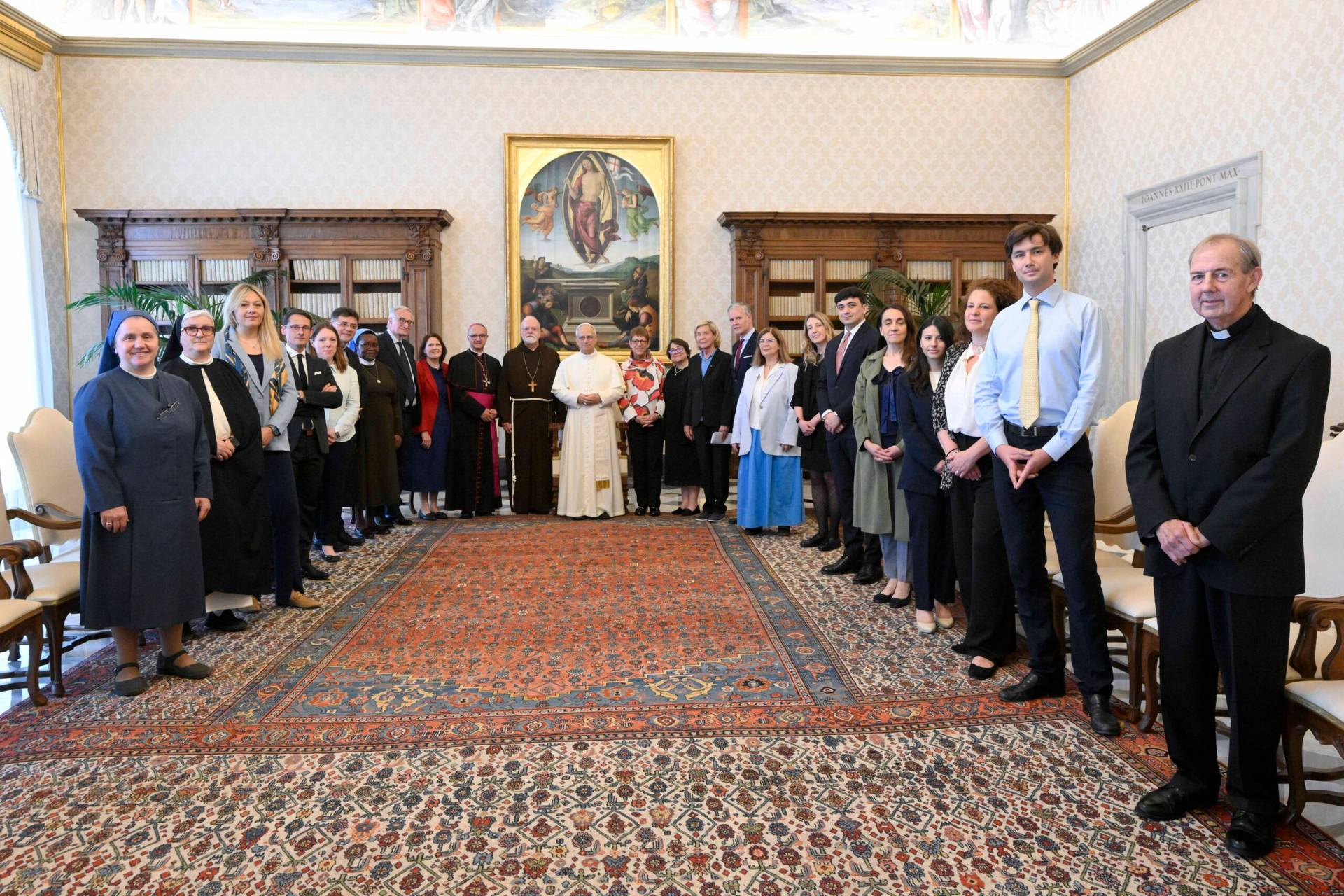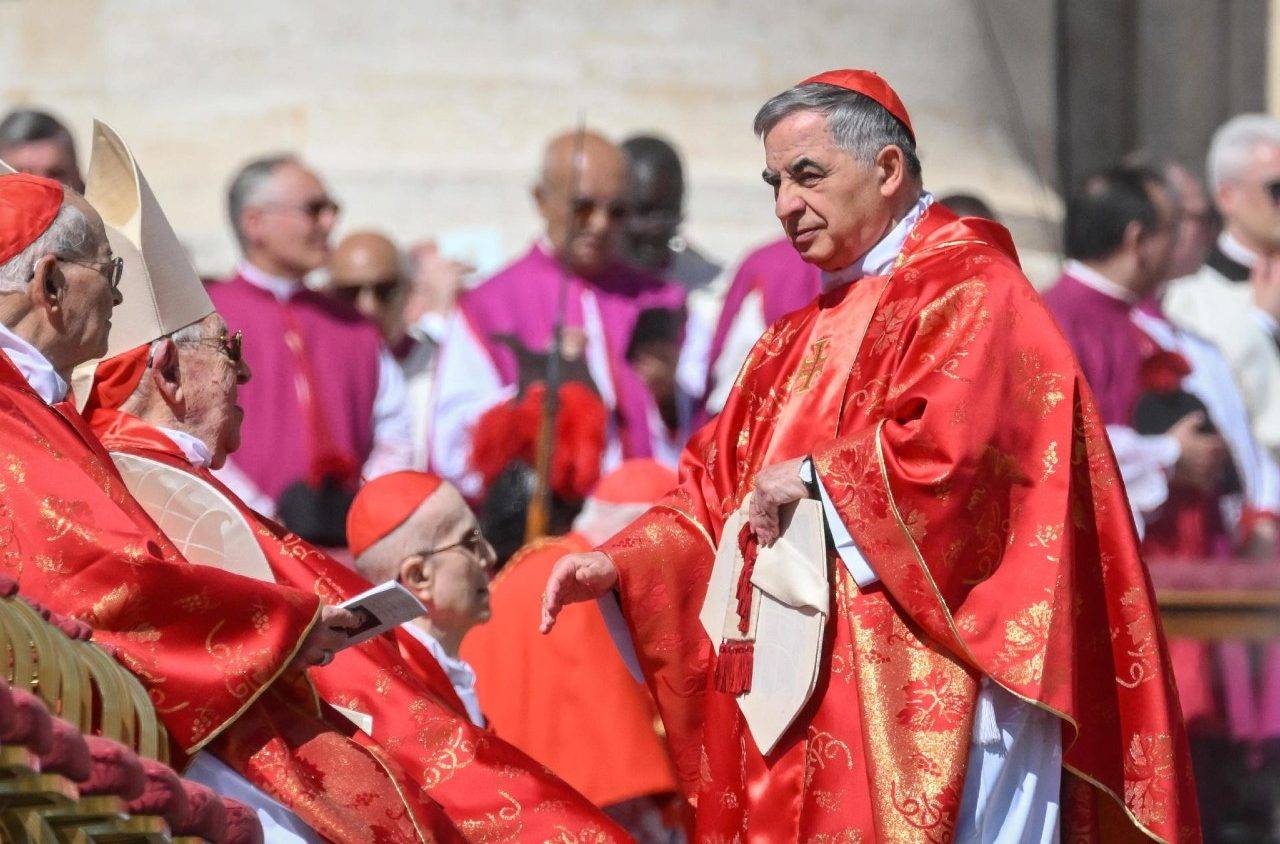ROME – There are a number of interesting parallels between Catholicism in the U.S. and in Nigeria, including membership (roughly 70 million Catholics in the States, around 60 million in Nigeria), the fact they’re both English-speaking churches, and that Catholics in both places play an important role in the most populous nation on their respective continents.
Here’s one key difference, however: Say “Catholic priest” to the typical American and he or she may well reply “possible abuser,” due to wide coverage of the Church’s clerical sexual abuse crisis. Say the same thing to the typical Nigerian, and the instinctive response today probably would be “victim.”
Therein lies an important tale of our times.
The contrast was brought home last Sunday by Thomas Adekoya, president of the Catholic Laity Council of Nigeria, a body created by the bishops in 1973 to provide catechetical and pastoral formation for lay activists.
Referring to widespread insecurity in Nigeria, related not only to violence by the radical Islamic movement Boko Haram but also armed herdsmen from the large Fulani tribe, Adekoya issued a cri du coeur while addressing the group’s National Executive Assembly over the weekend.
“Catholics are tired of mourning and burying their priests who are daily murdered for no just cause,” he said. “Nigerians are tired of losing their dear ones to these killings.”
In early September, a UN special rapporteur on extrajudicial killings called for urgent action to end what she called the “pressure cooker” of violence in Nigeria along with a “generalized system of impunity” for those killings.
Over the last four months alone, an estimated 40,000 people have become refugees or internally displaced persons in the northwestern region of the country, amid frequent reports of kidnapping, torture, extortion, murder and sexual violence by attackers who also destroy homes and steal property.
Although tensions between herdsmen and farmers are an important factor in the violence, it also has religious overtones since the Fulani are overwhelmingly Muslim and the farmers are generally Christian. Moreover, Fulani militants often invoke religious imagery and slogans when they carry out their attacks.
In that context, Catholic priests have become frequent targets. Adekoya cited three priests who’ve been murdered over just the last five months.
- Father David Tanko, killed in late August by being shot and then set ablaze in his car – ironically, while he was on his way to mediate a local conflict.
- Father Paul Offu, shot dead by suspected Fulani herdsmen on August 1.
- Father Clement Ugwu, who was kidnapped after being shot in the leg in mid-March. A week later, his decomposing body was found in the bush following a search organized by local youth.
During Ugwu’s funeral Mass in August, Bishop Callistus Onaga summed up the frustration many Nigerian Catholics are feeling.
“Nobody is safe now,” he said. “We seem to be living in a state of anarchy, a total breakdown of law and order.”
Priests in the diocese took to the streets in protest of the violence, demanding that the Nigerian military and security services step up their efforts. Yet according to Adekoya on Sunday, it hasn’t been enough.
“Combining the killings of these anointed men of God with others happening daily in our country reminds us of Thomas Hobbes’s ‘Life in the state of nature,’ in which human existence is described as ‘solitary, poor, nasty, brutish, and short’,” he said.
“If the Church must produce more martyrs let it not be at the hands of these killers,” Adekoya said. “We renew our call on governments at the federal and state levels to wake up to their responsibility of protecting the lives and property of citizens.”
Archbishop Mathew Man’oso Ndagoso of Kaduna echoed the sentiment.
“I have made this call before, and I will still make it, that the responsibility of any government, either through the ballot or barrels of the gun or whatever means, is to safeguard the life and property of the citizenry,” he said.
The tragic nexus between the abuse scandals in the States and the security crisis in Nigeria is this: It may be difficult for some Americans right now to gin up concern for the Catholic Church when it’s under attack, since what they hear and see about the Church and its failures isn’t likely to inspire sympathy.
Indeed, some of my own friends and colleagues in the media tend to be suspicious of reporting on anti-Christian persecution, wondering if it’s not part of an effort to deflect attention from the Church’s own problems.
Logically, however, the same passion for justice for victims that fuels the abuse scandals in the States ought also to drive engagement on behalf of victims in Nigeria and elsewhere. Whether violence inflicted on someone is sexual or religious in nature, it’s still a human rights abuse that offends the conscience.
Rationally, the fact that the victims of such abuse are affiliated with an institution that happens to be out of favor shouldn’t be the deciding factor in whether the world faces it, pressuring the government of President Muhammadu Buhari, the Muslim former army general who was reelected in February, to take action to protect the innocent.
What’s to be seen now, and it’s admittedly perhaps a longshot, is whether reason will prevail.
















